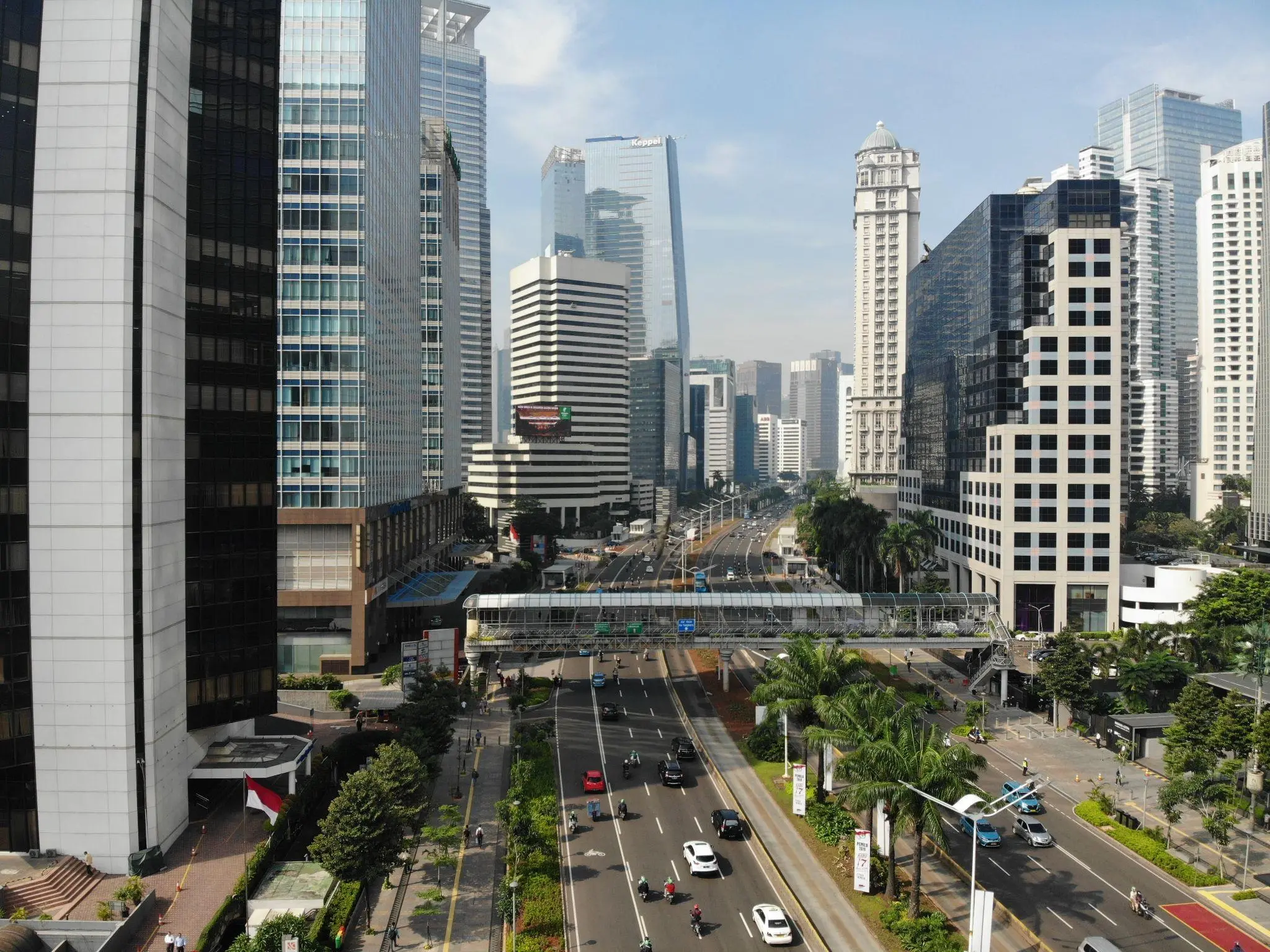
Indonesia's geography of vast archipelagos poses significant challenges to the country's logistics sector. The need for transportation across these islands requires a complex and diverse logistics network, which can be costly and inefficient. The positive impact of Indonesia's geography is that it provides access to a wide range of markets and trading partners, making it an important international trade hub. However, the negative impact is that it can lead to higher transportation costs, longer delivery times, and logistical difficulties in reaching remote areas. To address these challenges, the government has embarked on various infrastructure development programs to improve transportation and logistics networks across the country.
Indonesia's demographics also play an important role in the growth of logistics services in the country. With a population of more than 270 million, Indonesia is the fourth most populous country in the world. This large population presents a significant market for logistics services, with high demand for goods and services across the country. However, the country's demographics also present challenges, such as a lack of skilled labor and poor education levels, which can impact the quality of logistics services. The government has implemented various initiatives to address these challenges, such as investing in education and training programs to develop a skilled workforce and improve the quality of logistics services.
To support the growth of logistics services in Indonesia, the government has initiated various infrastructure development programs, including public-private partnerships. These programs aim to increase private sector participation in infrastructure development and improve the country's logistics network. Infrastructure investment is critical in reducing logistics costs, improving transportation efficiency, and increasing competitiveness. Infrastructure availability can also impact the ability of logistics service providers to reach remote areas and expand their operations. One of them is the construction of toll roads, which has a direct impact on the logistics industry. With this infrastructure in place, the supply chain is able to cut down some of the barriers that can affect the cost of logistics costs and create a domino effect on the prices of distributed production goods. Therefore, continued investment in infrastructure development is critical to the growth of logistics services in Indonesia.
Indonesia's unique geography and demographics have posed challenges to the growth of logistics services in the country. The archipelagic nature of Indonesia makes transportation and distribution of goods more difficult and expensive. In addition, Indonesia's diverse demographics have led to diverse demands and preferences for logistics services. However, the government has taken initiatives to invest in infrastructure to improve logistics services and reduce costs. With continued investment and innovation, the logistics industry in Indonesia has the potential to expand and contribute to the country's economic growth.
Nikmati voucher hingga 200K untuk pengiriman pertamamu. Langsung berlaku dan otomatis terpotong saat checkout.
Dapatkan Diskon!